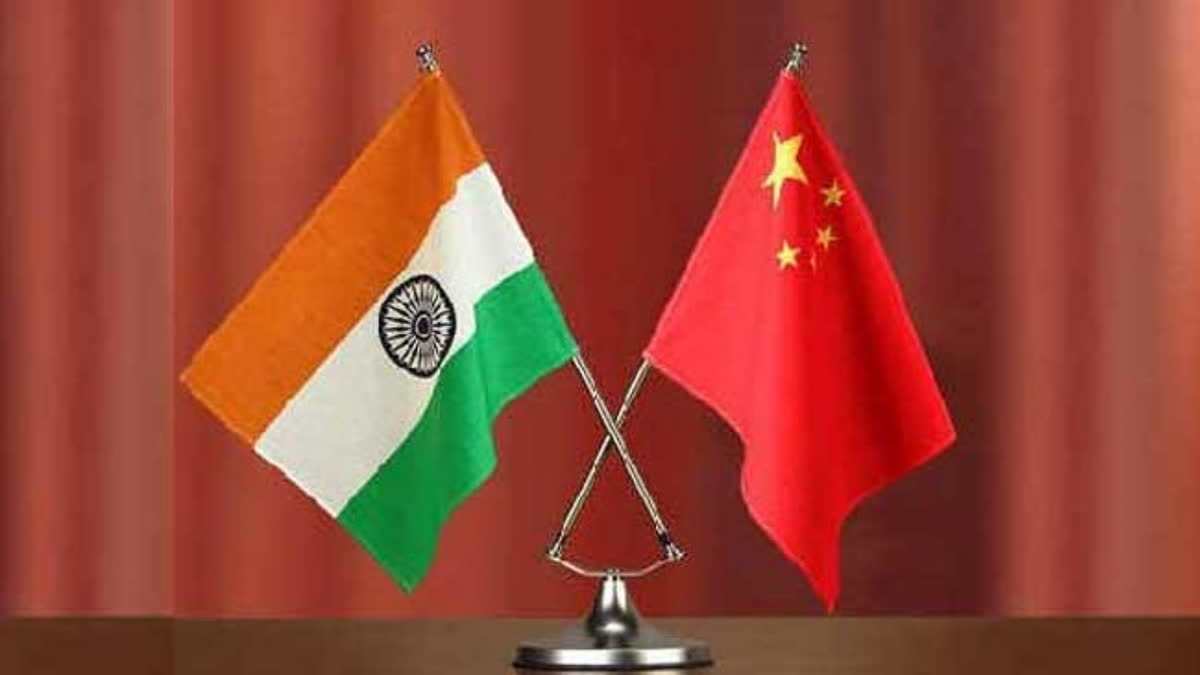New Delhi:China on Wednesday congratulated PM Modi on his election win noting that a 'healthy and stable China-India relationship is in the common interest of both sides and is also conducive to peace and development in the region and the world'. Addressing a press conference on Wednesday, Chinese foreign ministry spokeswoman Mao Ning said, "China is ready to work with its neighbour. A healthy and stable China-India relationship is in the common interest of both sides and is also conducive to peace and development in the region and the world".
In a post on X, the Ministry of Foreign Affairs China stated, "Congratulations to Prime Minister @narendramodi, BJP and the National Democratic Alliance on the election victory. We look forward to a healthy & stable China-India relationship".
The relations between India and China have experienced significant strain in recent years due to various geopolitical, military and economic factors. The deadly clash in the Galwan Valley in June 2020 resulted in casualties on both sides, marking the first deadly encounter in the region in over four decades. This incident significantly heightened tensions and led to increased military deployments along the Line of Actual Control (LAC). The 73-day military standoff at the Doklam plateau in 2017 where Indian and Chinese troops confronted each other over Chinese road construction, highlighted ongoing territorial disputes and strategic concerns.
Moreover, China’s increasing presence in the Indian Ocean, through initiatives like the Belt and Road Initiative (BRI) and the development of ports in countries like Pakistan (Gwadar) and Sri Lanka (Hambantota), is viewed with suspicion by India. India’s participation in the Quad, alongside the United States, Japan, and Australia, is perceived by China as a countermeasure to its influence in the Indo-Pacific region.
It is important to note that there is a significant trade imbalance between India and China, with India importing far more from China than it exports. This imbalance has been a point of contention. Following the Galwan Valley clash, India banned several Chinese apps, citing national security concerns. This move was seen as part of a broader push to reduce economic dependence on China. In a tit-for-tat move, China blocked or delayed India’s attempts to designate Pakistan-based militants as terrorists under the UN Security Council’s 1267 Committee. China’s close ties with Pakistan, often described as an "all-weather" friendship, further complicate its relationship with India.
